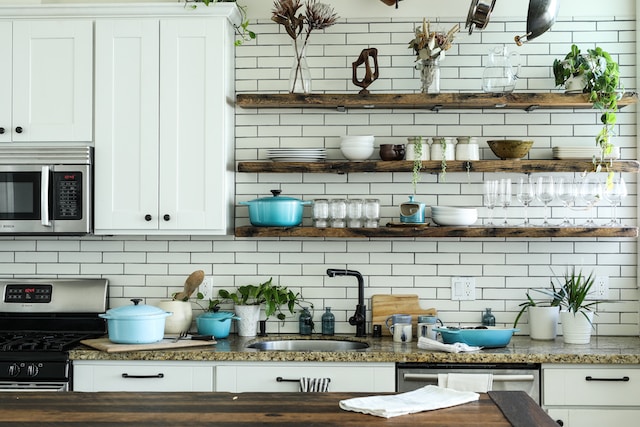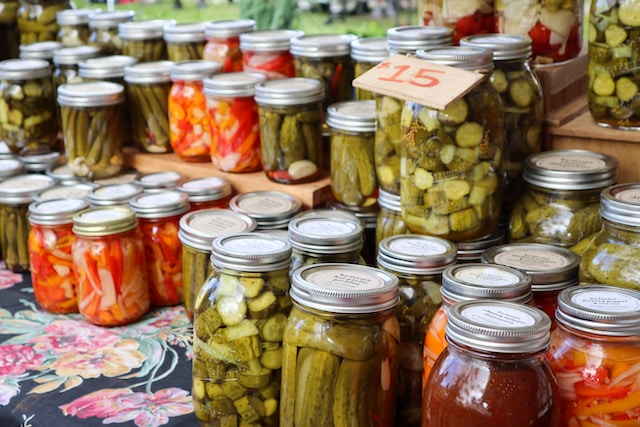Are you a food producer in Virginia looking to sell food from home? If so, you’ve come to the right place! In this article, we’ll cover everything you need to know about cottage food laws in Virginia, including what foods are allowed, what restrictions are in place, and how to start selling your products.
What are Virginia’s cottage food laws?

Unlike other states, Virginia doesn’t technically have cottage food laws. Instead, the state has the Virginia Food and Drink Law. What other states consider “cottage food operations,” Virginia calls Home Food Processing Operations. For the purpose of this article, we will use the term “cottage food laws” because that is the most recognizable name for these regulations.
Like cottage food laws, the Virginia Food and Drink laws for Home Food Processing Operations are regulations that allow food producers to make and sell certain types of food products from their home kitchen. The regulations are in place to ensure that food products are safe for consumers to eat. The laws also dictate how to label the products and where you can sell them.
In Virginia, home food processing operations do not require inspection.
What foods can you sell from home in Virginia?
Under Virginia cottage food law, the following items may be produced and sold from your private home kitchen:
- Candies
- Jams, and jellies not considered to be low‐acid
or acidified low‐acid food products - Dried fruits
- Dry herbs
- Dry seasonings
- Dry mixtures
- Coated and uncoated nuts
- Vinegars and flavored vinegars
- Popcorn, popcorn balls
- Cotton candy
- Dried pasta
- Dry baking mixes
- Roasted coffee
- Dried tea
- Cereals
- Trail mixes
- Granola
- Baked goods that do not require time or
temperature control after preparation - Pickles that have an equilibrium pH of 4.6 or lower
- Acidified vegetables that have an equilibrium pH of 4.6 or lower
- Acidified vegetable products include pickled products, salsa, chow‐chow, relishes and similar vegetables.

Virginia Cottage Food Law Labeling Requirments
You must label any food you sell from home with the following:
- Your name, physical address, and telephone number
- The date the food product was processed
- The statement “NOT FOR RESALE – PROCESSED AND PREPARED WITHOUT STATE INSPECTION”
- The name of product
- The net weight
- A list of the ingredients and sub-ingredients
Where can you sell homemade food in Virginia?
You may only sell homemade food directly to customers within the state of Virginia. This means food must be sold:
- At a farmer’s market to an individual for their own consumption
- Directly from your home to an individual for their own consumption
You may NOT sell homemade food:
- To other businesses (including grocery stores and coffee shops)
- For resale
- On the internet
- Across state lines
This means you can list your products for pickup on Airmart, but you cannot ship food to customers.

How to get started
If you’re ready to get started selling cottage food products in Virginia, the first step is to send an application to the Virginia Department of Agriculture and Consumer Services.
Once your business is ready to go, sign up for Airmart to start selling your products to neighbors and locals.